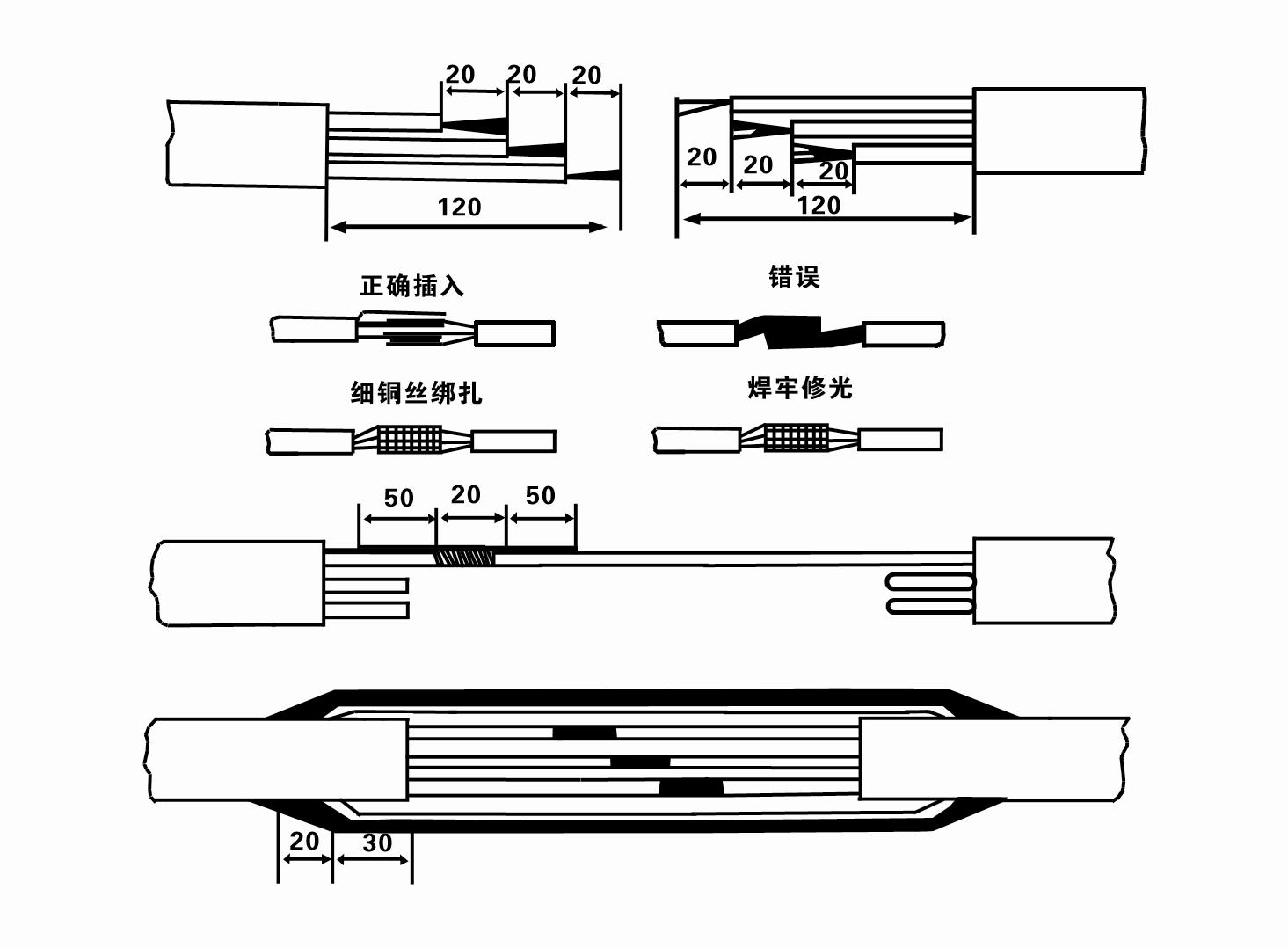Nov . 21, 2024 02:41 Back to list
deep well pump system
Understanding Deep Well Pump Systems
Deep well pump systems are crucial in various applications, particularly in agricultural irrigation, municipal water supply, and industrial processes. These systems are designed to extract water from significant depths, leveraging mechanical systems that ensure efficient water movement from underground reservoirs to the surface. This article will explore the components, functioning, advantages, and considerations related to deep well pump systems.
Components of Deep Well Pump Systems
A deep well pump system primarily consists of several key components
1. Pump The heart of the system, deep well pumps are typically submersible or vertical turbine pumps. Submersible pumps are placed below the water level in the well, while vertical turbine pumps are installed above ground but draw water from the well through a series of columns.
2. Motor Submersible pumps have the motor integrated into the pump body, allowing it to operate underwater. In contrast, vertical turbine pumps use an above-ground motor connected to the pump via a drive shaft.
3. Well Structure The well casing, which is usually made of steel or PVC, protects the groundwater from contamination and helps maintain the structural integrity of the well. It also provides a pathway for water to be drawn to the surface.
4. Discharge Pipeline This pipeline transports the extracted water from the pump to its destination, which could be a storage tank, irrigation system, or municipal treatment facilities.
5. Control System Modern deep well pump systems often incorporate control panels that manage the pump’s operation, ensuring efficiency and monitoring for any potential failures.
Functioning of Deep Well Pump Systems
Deep well pumps operate on a simple principle creating a pressure differential that forces water from a lower reservoir (the aquifer) to a higher elevation (the surface). Once the pump is activated, it creates a vacuum that allows atmospheric pressure to push water into the well and up through the pump.
The motor's energy drives the impeller or pump stages, working to lift water through mechanical and hydraulic forces. As water rises through the discharge pipe, it may be directed to end-use points, such as fields for irrigation, storage tanks for municipal supply, or facilities for industrial processes.
deep well pump system

Advantages of Deep Well Pumps
1. Efficiency Deep well pumps are designed for high efficiency, with the ability to deliver large volumes of water even from significant depths. This makes them ideal for applications requiring consistent water supply.
2. Durability Built to withstand harsh conditions, deep well pumps often have robust materials and designs that prolong their lifespan, reducing the frequency of replacements and maintenance.
3. Versatility These systems can be implemented in various environments, from rural areas needing irrigation to urban centers requiring a stable water supply. Their adaptability makes them suitable for diverse applications.
4. Automation Many deep well pump systems can be automated for efficiency, incorporating advanced technologies such as variable frequency drives (VFDs) to optimize energy consumption based on demand.
Considerations for Installation and Maintenance
While deep well pump systems offer many benefits, certain considerations should be kept in mind during installation and operation
1. Site Assessment A comprehensive assessment of the geological and hydrological conditions is vital before installation. Understanding the aquifer depth, water quality, and potential for contamination is crucial.
2. Regulatory Compliance Installation may require adherence to local regulations regarding water extraction, environmental protection, and well construction standards.
3. Regular Maintenance Routine inspections and maintenance are essential to ensure efficient operation. This may involve checking components for wear and tear, monitoring the performance of the pump, and ensuring the water quality remains high.
4. Energy Efficiency Users should explore options for energy-efficient motors and controls to reduce operational costs and minimize environmental impact.
In conclusion, deep well pump systems are indispensable tools for managing water resources, providing reliable supply across various sectors. Understanding their components, functioning, advantages, and maintenance needs can enhance their effectiveness and sustainability, ensuring that they continue to play a crucial role in meeting global water demands.
-
Submersible Water Pump: The Efficient 'Power Pioneer' of the Underwater World
NewsJul.01,2025
-
Submersible Pond Pump: The Hidden Guardian of Water Landscape Ecology
NewsJul.01,2025
-
Stainless Well Pump: A Reliable and Durable Pumping Main Force
NewsJul.01,2025
-
Stainless Steel Submersible Pump: An Efficient and Versatile Tool for Underwater Operations
NewsJul.01,2025
-
Deep Well Submersible Pump: An Efficient 'Sucker' of Groundwater Sources
NewsJul.01,2025
-
Deep Water Well Pump: An Efficient 'Sucker' of Groundwater Sources
NewsJul.01,2025
-
 Submersible Water Pump: The Efficient 'Power Pioneer' of the Underwater WorldIn the field of hydraulic equipment, the Submersible Water Pump has become the core equipment for underwater operations and water resource transportation due to its unique design and excellent performance.Detail
Submersible Water Pump: The Efficient 'Power Pioneer' of the Underwater WorldIn the field of hydraulic equipment, the Submersible Water Pump has become the core equipment for underwater operations and water resource transportation due to its unique design and excellent performance.Detail -
 Submersible Pond Pump: The Hidden Guardian of Water Landscape EcologyIn courtyard landscapes, ecological ponds, and even small-scale water conservancy projects, there is a silent yet indispensable equipment - the Submersible Pond Pump.Detail
Submersible Pond Pump: The Hidden Guardian of Water Landscape EcologyIn courtyard landscapes, ecological ponds, and even small-scale water conservancy projects, there is a silent yet indispensable equipment - the Submersible Pond Pump.Detail -
 Stainless Well Pump: A Reliable and Durable Pumping Main ForceIn the field of water resource transportation, Stainless Well Pump has become the core equipment for various pumping scenarios with its excellent performance and reliable quality.Detail
Stainless Well Pump: A Reliable and Durable Pumping Main ForceIn the field of water resource transportation, Stainless Well Pump has become the core equipment for various pumping scenarios with its excellent performance and reliable quality.Detail
